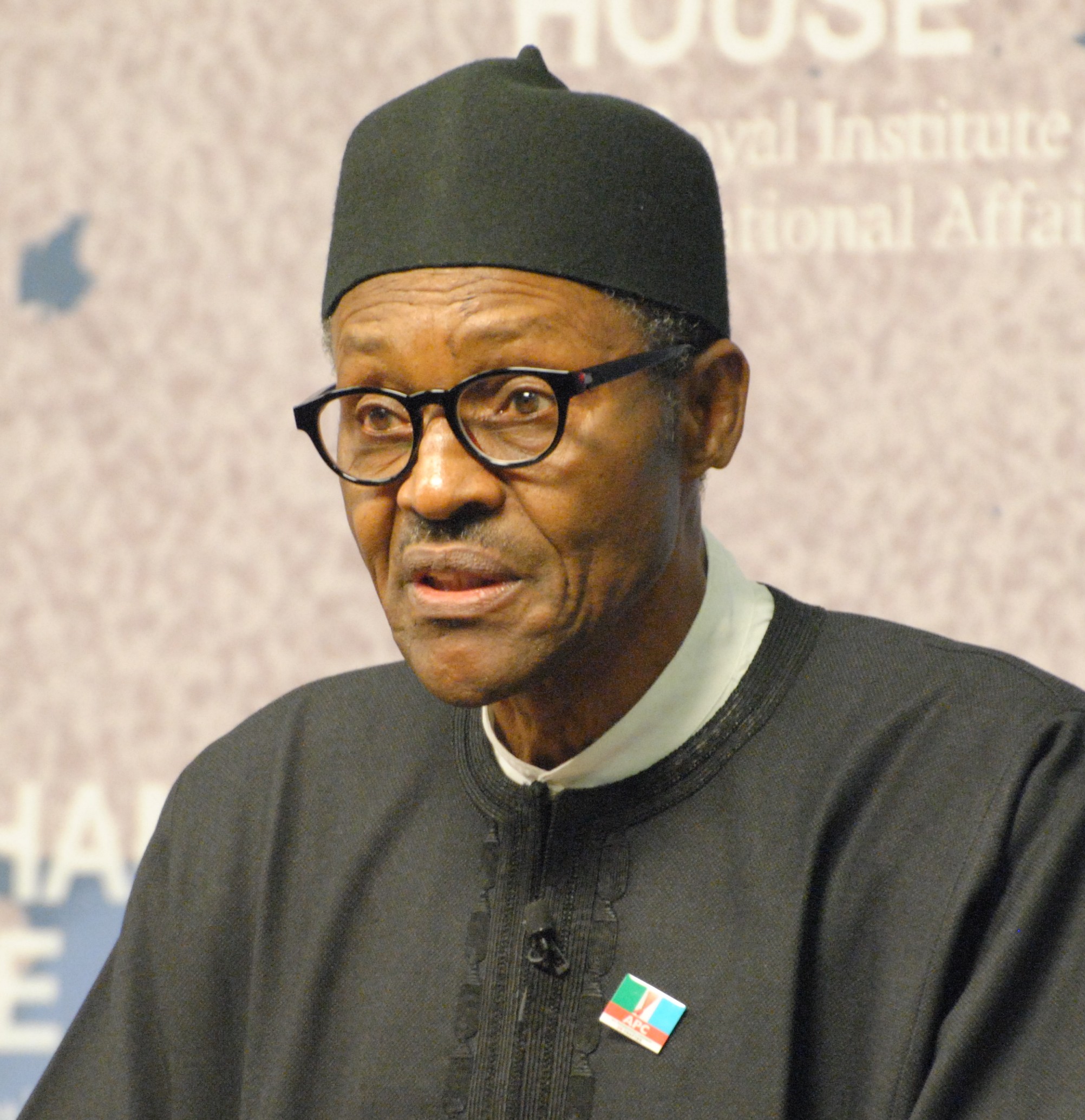President Buhari’s electoral victory last March was a great result for all Nigerians who recognize the pressing need for change to take place in our country, and there is nothing Nigeria needs more than to free itself from the rampant corruption that our elected officials and illustrious businessmen have engaged in for decades. During his campaign, the candidate Buhari compared corrupt Nigeria to a rotten fish, saying, “If the head is rotten, the rest of the body will go rotten as well.” The meaning of this metaphor, that the Nigerian President must lead by example so that the country might be restored, is very true but it is not enough. To borrow the metaphor, Nigeria is a fish with many rotten heads, many of which cannot simply be removed through an election.
I am of course speaking of the ‘titans of industry’ that have pillaged our country of so many of its natural resources, resources that in truth belong to the people. These Nigerians oligarchs, for that is the best word for them, have made billions not through toil but through incestuous relationships with public officials, building their corrupt empires on the sweat of Nigerians and destroying our country morally and economically from within. As a special report from the Financial Times Group recently stated, “although corruption is rife in the public sector, its base is grounded in corporate Nigeria.”
Nowhere is this clearer than with the richest man in our country, and all of Africa, Aliko Dangote. It was through his close relationship with Olusegun Obasanjo that Dangote was able to first make his millions. When the military handed over power to Obasanjo, in 1999, Dangote and his erstwhile friend and partner Femi Otedola had already become so close to the new President that they were considered like sons. As is now well known, Obasanjo was generous with everyone in his circle of power, and Dangote was no exception.
As a 2011 Sahara Reporters investigative article revealed, the President gave Dangote privileged access to state corporations and other assets in a big privatisation push. Using his high-level connections, Dangote was able to acquire a quasi-monopoly on Nigeria’s cement market while buying huge stakes in staples such as sugar, salt and rice as well. While a complete lack of transparency means that few know exactly how much Dangote paid for these assets, some estimate that he paid no more 10 cents on the dollar.
Furthermore, in an especially dazzling feat of corruption, all of Dangote’s ill-gotten assets, which he acquired for virtually nothing, were given tax waivers from the Obasanjo government worth billions of dollars. Thus, Dangote effectively stole from the Nigerian people their proper share of his companies’ revenues, using it instead to buy private jets and lavish London homes for him and his family. This is money that Dangote still owes the Nigerian state, which should have been used to benefit the rest of the population, many of whom consume his products and work in his factories.
While Obasanjo may no longer be President of Nigeria, Dangote continues to rub shoulders with the politically powerful in order to continue to reap unfair advantages for his business empire. If Buhari is serious about bringing an end to corruption in Nigeria, it is not enough to speak tough during electoral campaigns; he must take action. Allow me to offer my own metaphor. Corruption in Nigeria is like a great snake that poisons everything its fangs touch. Kicking the snake will not bring an end to its deadly venom. To do so, it is necessary to cut off the snake’s head. Likewise, for our President to stamp out corruption, he must start at the top. That must be the example he leads by.

